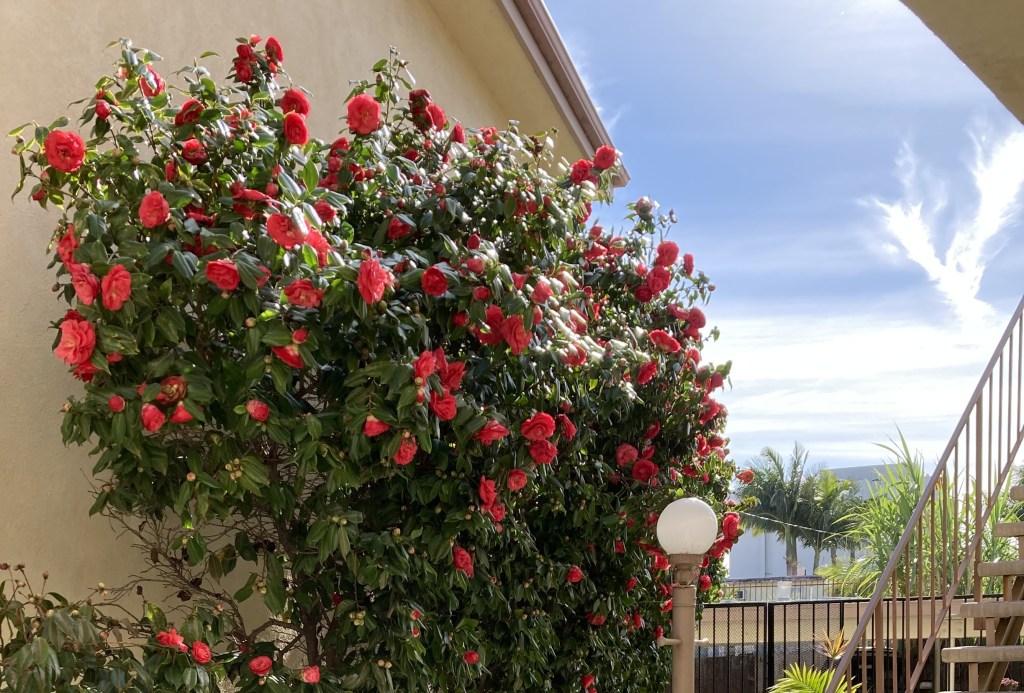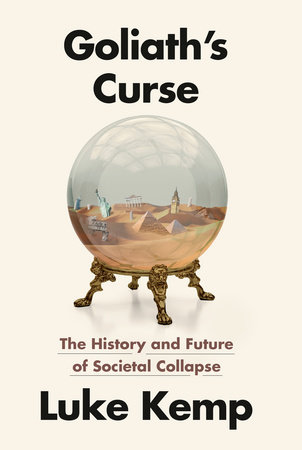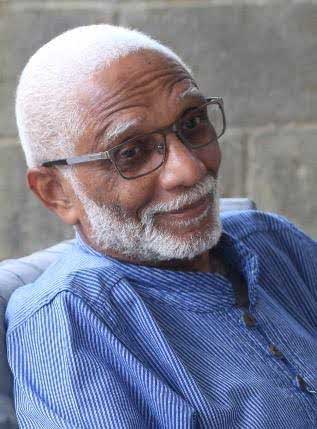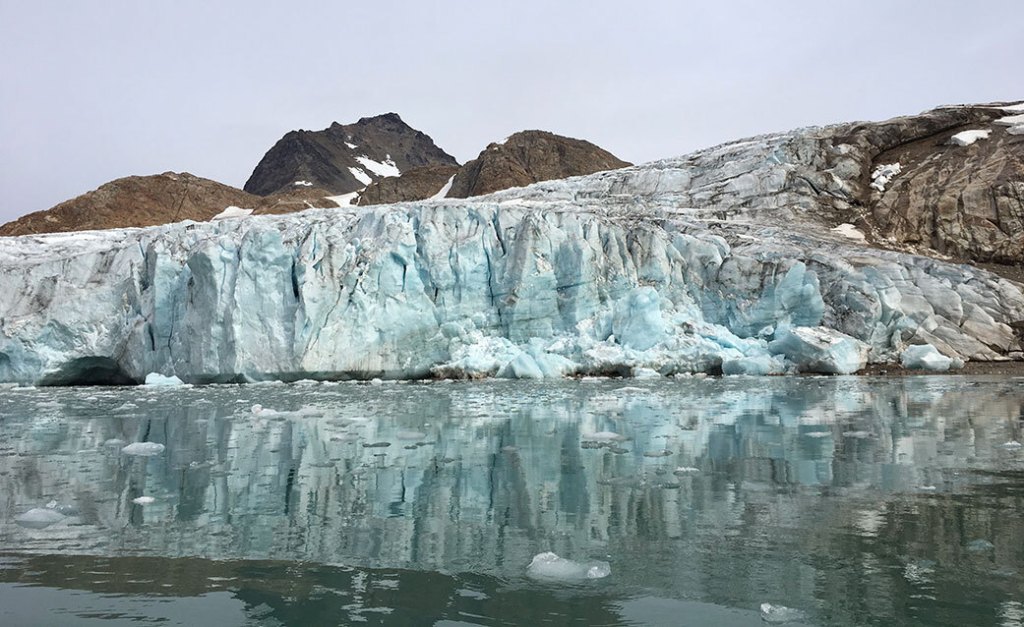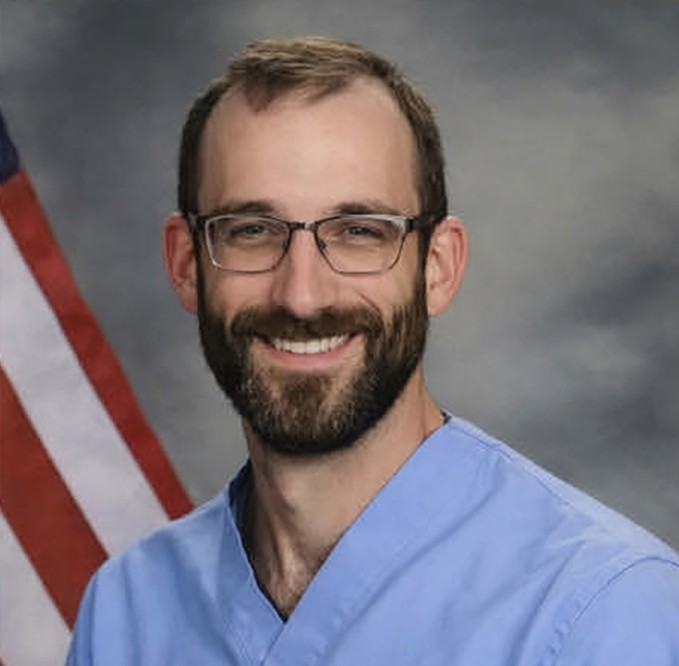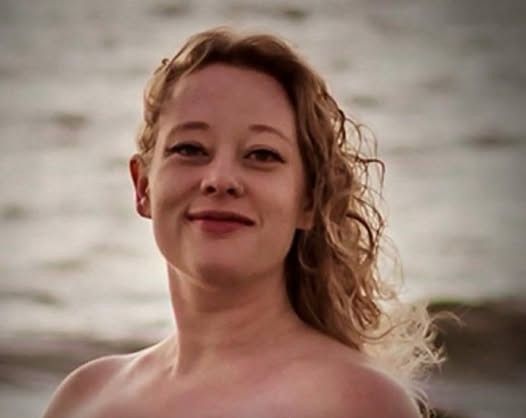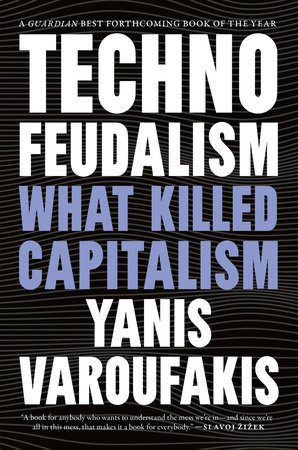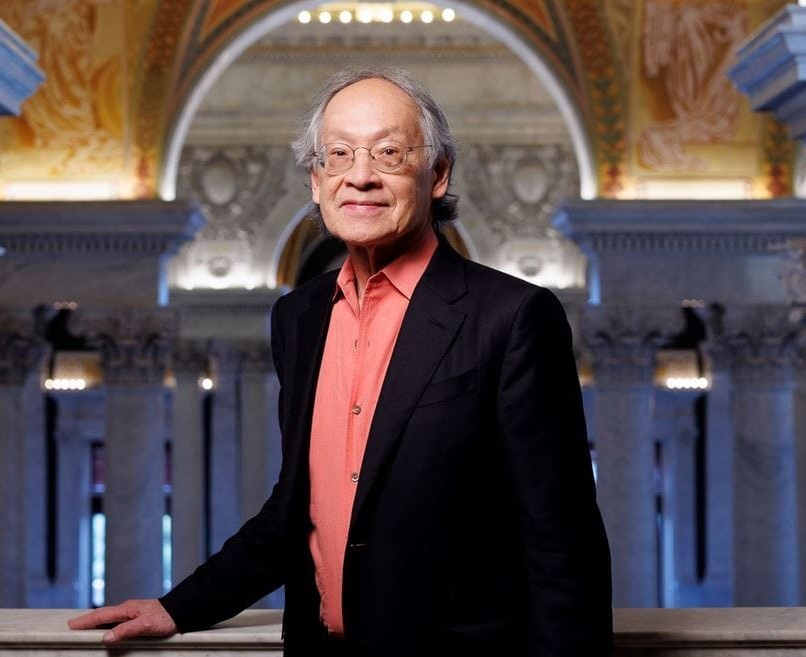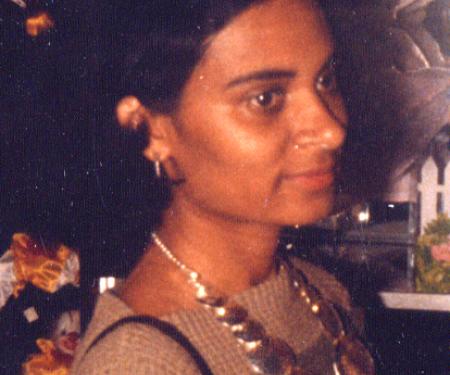Our Peace Maker has launched war on Iran: Operation Epic Fury. While insanity continues to be the order of the day under political leadership lacking in moral courage, I do what is in my power to avoid contagion. I draw on lessons learned in my youth during the turbulent years in the pre- and post-independent years of my native land, when the grown-ups had found ways to keep joy alive in our lives. As in those days, I brighten my workday by playing the radio in the background. KOST 103.5 is my preferred local radio channel for bringing me my favorite songs of yesteryear as well as today’s top hits.
The biggest killjoy during my workday is “Barbie’s” invasive radio ad campaign, warning illegal aliens to self-deport.
“Is war,” says Jamaican reggae singer Bob Marley (1945-1981).
Back in the day, weekend get-togethers with our extended family members and close friends relieved distress from the violence seeping into our day-to-day lives. I remember the bottom-house parties with music and dance: birthdays, weddings, wedding anniversaries, arrival of a new baby. Every achievement, school or job-related, was cause for a celebration, adding more joy to our lives. We also went all out with Christmas and year-end festivities. What a joyful time of the year! My happiest memories of growing up in Guyana.
Continue reading
